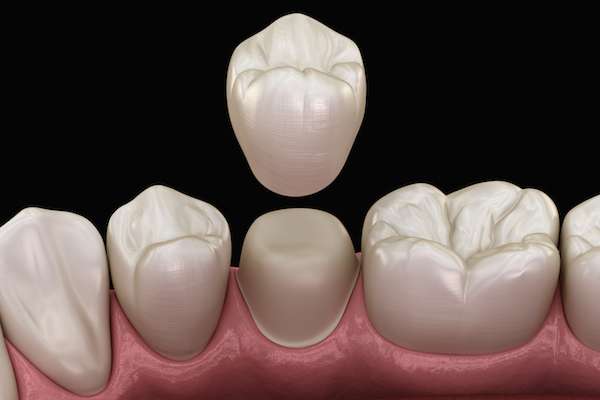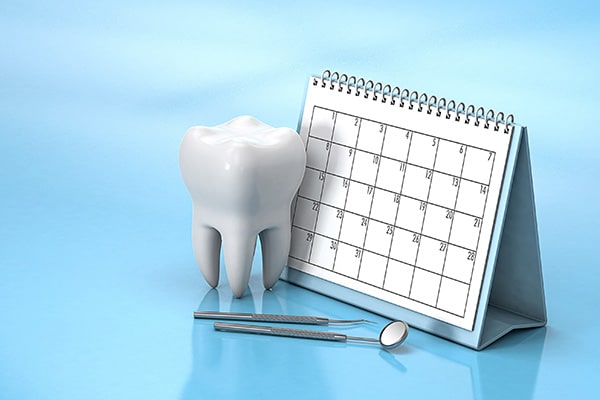Why a Dental Infection Should Be Treated Immediately
A dental infection is no laughing matter. It is a serious oral issue that can be fatal when left untreated. Dental infections arise from the bacteria that live inside the mouth. When a person has good oral health, bacteria cannot penetrate the teeth and gums.
However, when a tooth's structure becomes compromised or gets beneath the gumline, the patient becomes vulnerable to infections. Most cases of oral infections are the result of a person failing to take care of minor dental issues.
How a dental infection occurs
Tooth decay is the leading cause of dental infections. It starts with the enamel of a tooth becoming damaged by the acids present in the mouth. The acids come from foods the person eats and bacteria that live in the mouth.
Once weakness forms in the enamel, a cavity can develop on the tooth. Cavities are holes that form on the tooth surface, and dentists treat them with fillings. When a person chooses to ignore cavities, the hole will continue to expand until it reaches the pulp chamber. This is where the nerve and blood vessels of the tooth are located. Bacteria and acids in the mouth attack the nerve and blood vessels through the compromised pulp.
The first sign of a compromised pulp chamber is reoccurring toothaches. Food and drink often hit the nerve and triggers the pain. Over time, bacteria will eventually infect the pulp chamber.
Dental infections need immediate treatment
As was mentioned earlier, dental infections can be life-threatening. Once a tooth is infected, the bacteria will begin to spread to other areas of the tooth. It goes down into the root until it eventually reaches the jawbone. The final destination is the patient's bloodstream. Through this, the infection can spread to vital parts of the body like the brain, liver and heart. Treating a dental infection is easier than treating an infection in any of these vital organs.
Typical treatment for tooth infections
The go-to treatment for a tooth infection is a root canal. During this procedure, the dentist will give the patient a shot of anesthetic, then clean out the pulp chamber using files. The dentist will apply medication to treat the infection, and the hole is then sealed. The patient receives a crown to protect the tooth further. The dentist may decide to prescribe antibiotics to deal with the infection.
If the infection has already made its way to the tooth's root, the best course of action is to extract the tooth. This will prevent the infection from reaching the person's jaw. The dentist may install a dental implant after the tooth extraction.
Early treatment is the way to go
As you now know, most tooth infections start as a tiny cavity. Visiting a dentist twice a year and getting regular checkups is the best way to deal with dental infections. When was the last time you saw a dentist? Schedule an appointment with one of ours today.
Request an appointment here: https://ddsbaik.com or call Dennis Baik, DDS at (408) 226-5560 for an appointment in our San Jose office.
Check out what others are saying about our dental services on Yelp: Dental Infection in San Jose, CA.
[recent-blogs count=”4″ layout=”horizontal”]







